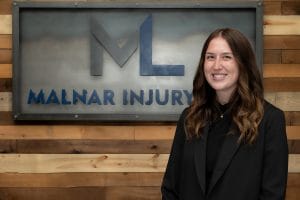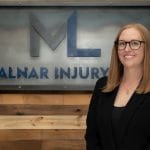In Colorado, parents of minor children can be held financially responsible if their child causes a car accident. This liability arises from several legal doctrines and statutes designed to ensure victims receive compensation and to encourage responsible vehicle ownership.
Colorado is one of approximately 20 states that enforces the “family car doctrine.” This legal principle holds parents accountable for accidents caused by their minor children while driving a family vehicle, even if the parent did not explicitly permit the child to use the car. To apply this doctrine, the following conditions must be met:
- The parent is the head of the household.
- The child is a member of the same household.
- The parent has control over the vehicle.
- The child had expressed or implicit permission to drive the vehicle.
- The child’s negligence caused damage to another party.
If these criteria are satisfied, the parent may be held liable for damages resulting from the accident, even if they did not directly cause it.
There is also a doctrine in Colorado called “negligent entrustment.” Negligent entrustment is when a parent or guardian knowingly allows their child, who is unfit to drive, to drive their vehicle. This could be because the child already has speeding tickets or maybe has caused a previous accident. A specific example of this could also be that you as a parent allow your minor child to throw a party at your house. At that party, the kids are drinking, a fact in which you are also aware of. At the end of the party, your child asks to borrow your car to drive their friend home. You give your child the keys, they take the friend home, but are in an accident on the way and their friend is injured. Because you entrusted the vehicle to your child, knowing that they had been drinking and were possibly under the influence, you are now liable as you “negligently entrusted” the vehicle to your child.
In general, parents or guardians are liable for any accidents caused by their children just by allowing their children to obtain a learner’s permit or driver’s license. Colorado Revised Statute 42-2-108(1)(a)(I) discusses that when a child younger than 18 applies for a permit or driver’s license, the child’s parent or another qualified adult must sign an “affidavit of liability.” Colorado Revised Statute 42-2-108(2)(a) further states that any negligent or willful misconduct of a minor child who drives a vehicle is ascribed to the person who signed the affidavit of liability in order for said minor child to receive their permit or license. This makes you liable for any damages caused by their actions.
However, there is one way that a parent or guardian would not be liable if their minor child was the cause of an accident. Colorado Revised Statute 41-2-108(3) states that if you are a minor in Colorado and you apply for a driver’s license, if you have proof of financial responsibly of the car you are driving, such as you are the owner of the car insurance policy and are the sole party responsible for paying the car insurance, your parent or guardian is not subject to liability imposed under the above referenced subsection 2.
To mitigate potential liability, parents can take several proactive steps. First, make sure that you have adequate insurance coverage, especially liability and uninsured/underinsured motorist coverage. We always recommend talking with your insurance agent to make sure you are properly covered. If you feel that that coverage is not enough, you can always take out an umbrella insurance policy. This is an extra liability policy that helps to protect you from very large and potentially devastating liability claims. Also, invest in your child’s driver education. Make sure that they are educated on how to be a safe driver and monitor their driving behavior. You can’t prevent every situation, but being proactive and preparing for these potential situations can go a long way.
Makenna Paszek
Paralegal




